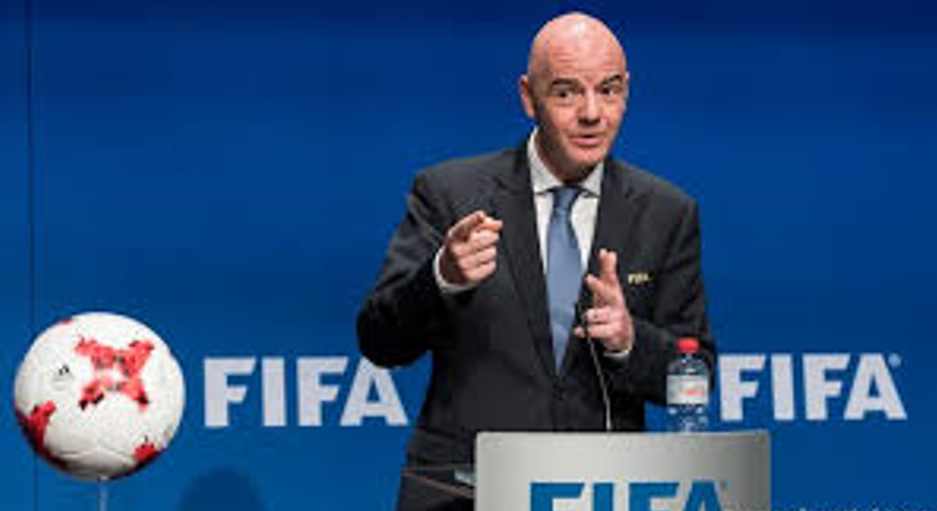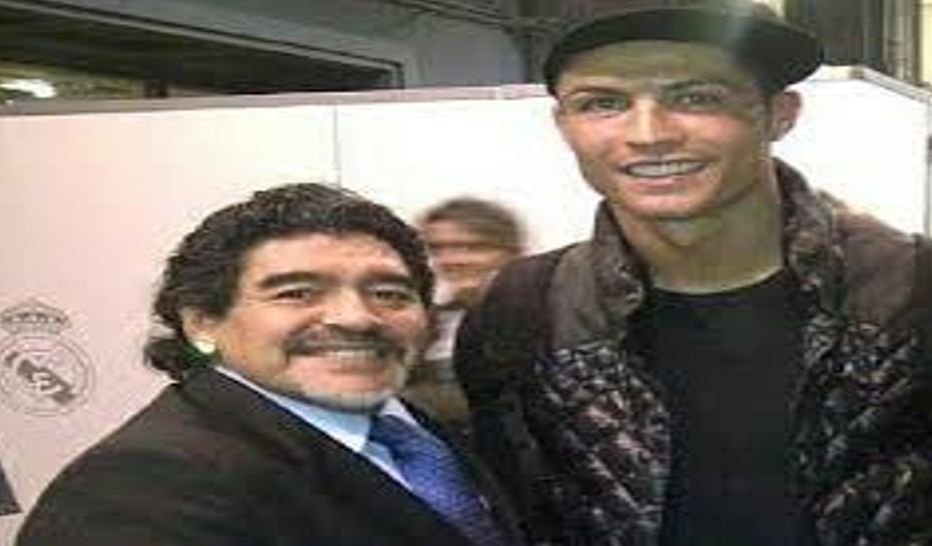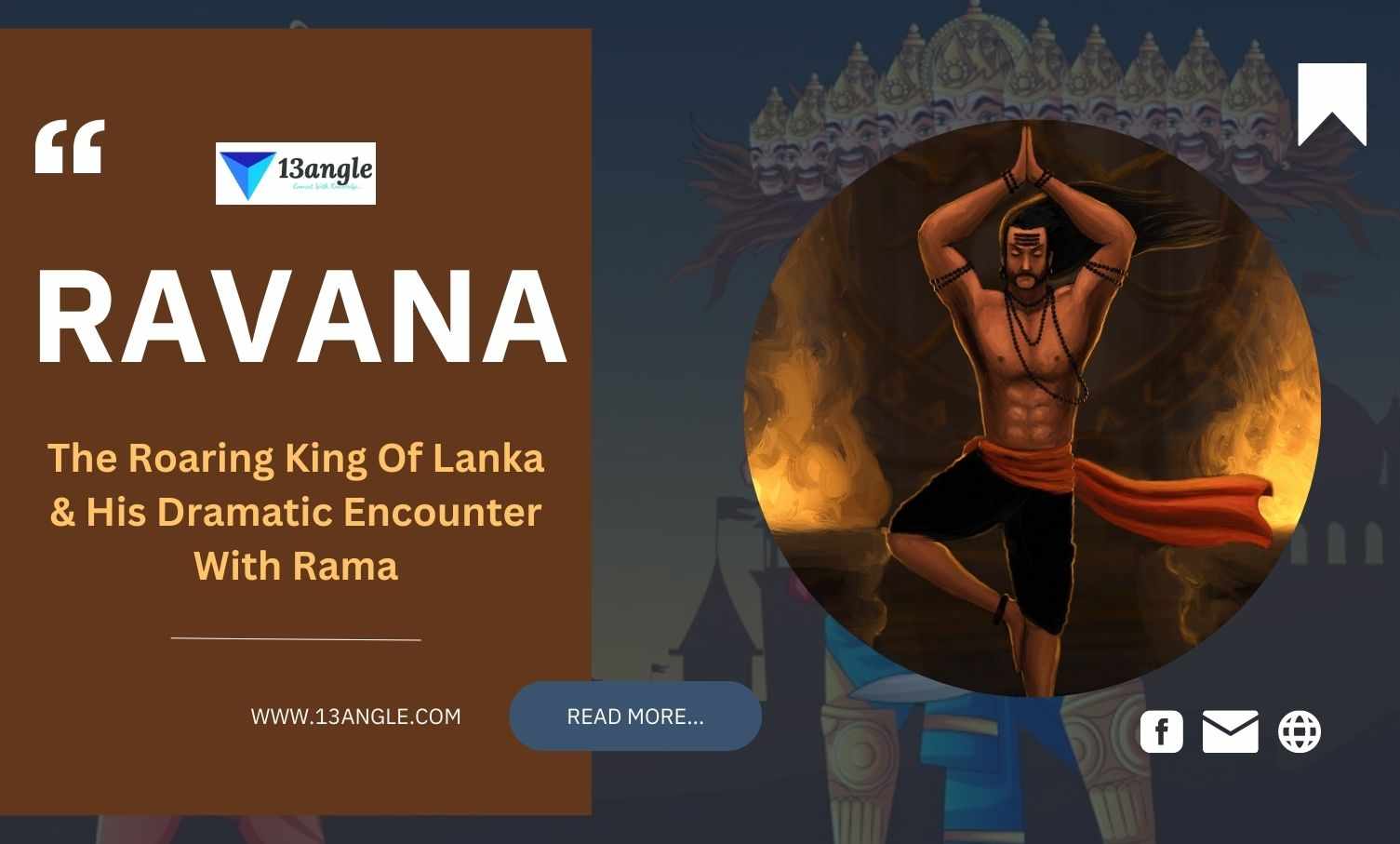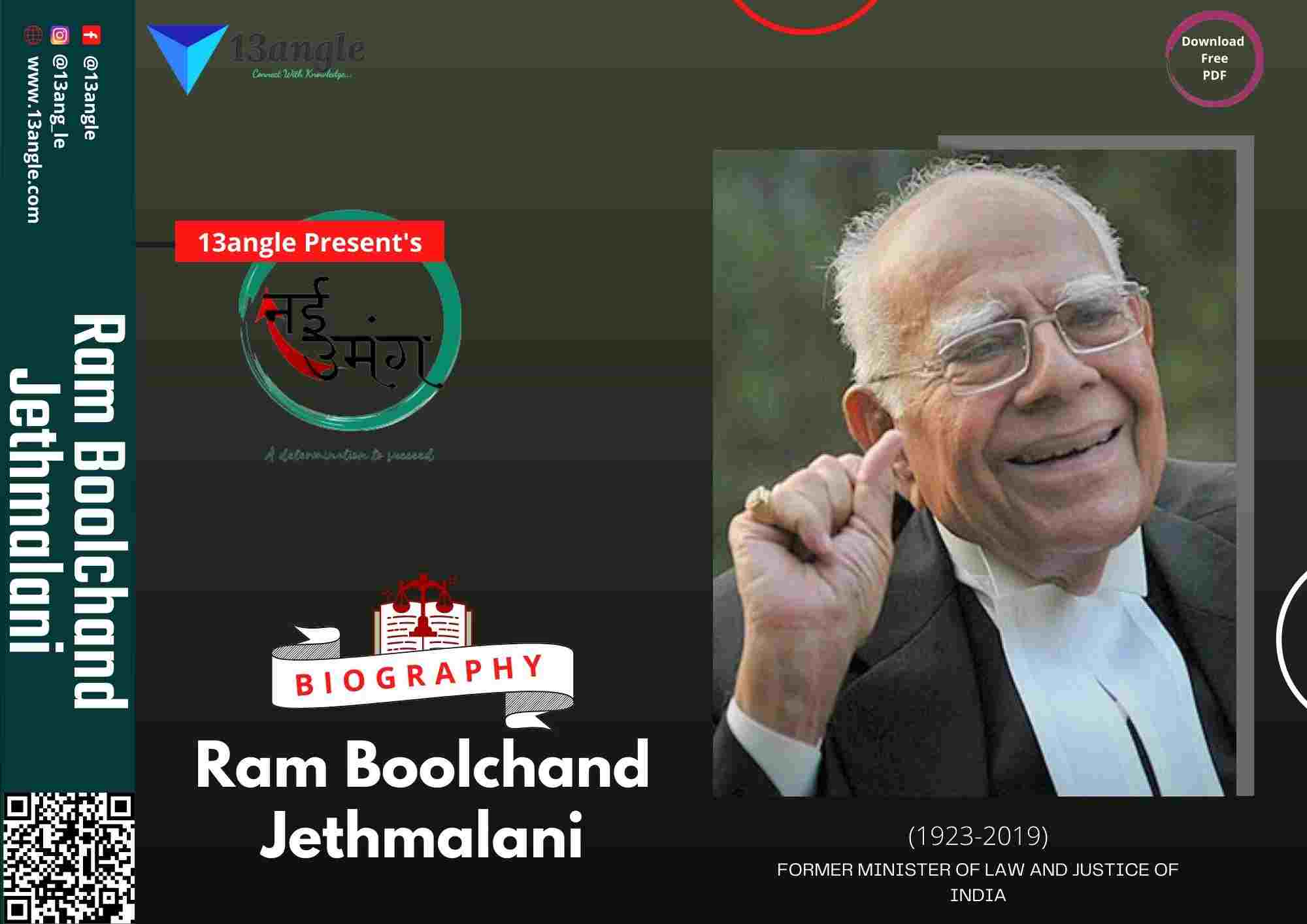
Introduction
The FIFA World Cup is an international association of football competition contested by the senior men’s national teams of the members of the FederationInternationale de Football Association or otherwise called FIFA in short, the sport’s global governing body. The championship is held for both men and women. The championship will be hosted once in four years. The first championship tournament was held in 1930. This tournament was not held only in the years 1942 and 1946, the time of the Second World War. The championship for women is held once in four years after the men’s championship since 1991. The first country to host the Women’s Championship in China.
There is a qualification phase that takes three years and this is why the tournament is held only once in four years. These three years are taken to determine to qualify the teams that are to take part in the tournament phase. On whole, 32 teams take part in the tournament phase including the teams of the hosting which are automatically qualified for the tournament. The same format is used for the women’s championship. The tournament is conducted in different venues in the host country for about a month’s time.
The World Cup is the most prestigious association football tournament in the whole wide world. It is also the most widely viewed and followed single sporting event in the world. The cumulative viewership of the matches of the 2006 World Cup was estimated to be 26 billion on average and 715.1 million people watched the final match, one-ninth of the entire population of the world.
Till today 17 countries have hosted this World Cup tournament which is looked forward as a pride to host such a tournament. Among these, 5 countries like Brazil, France, Italy, Germany, and Mexico have hosted the tournament twice. While Uruguay, Switzerland, Sweden, Chile, England, Argentina, Spain The United States, Japan and South Korea (Jointly), South Africa and Russia each have hosted once. In 2022 this tournament is expected to be hosted by Qatar and in 2026 hosted jointly by Canada, The United States, and Mexico. This hosting will give Mexico the distinction of being the first country to host the World Cup tournament Thrice. Six countries have hosted the Women’s World Cup. China and the United States have hosted the tournament twice, while Canada, France, Germany, and Sweden have each hosted once.
History

The first international football match was played in Glasgow in 1872 between Scotland and England. That match ended in a draw by the score of 0 all.
The first international tournament’s inaugural of the British Home Championship took place in 1884. As the growth of football was tremendous across the globe at the beginning of the 20th century, the game was held as a demonstration sport just as a friendly game during the period of 1900 and 1940 at the Summer Olympics and at 1906 at Intercalated Games.
FIFA was established on the 21st of May 1904 by seven National Associations, Belgium, Denmark, France, Netherlands, Spain, Sweden, and Switzerland. It was to promote the game of the Football Association, to foster friendly relationships between Nations, Officials, and Players by promoting the organization of the football matches at all level,s and to have control over the Associations of Football by taking necessary steps and actions if required.
FIFA’s birth was the result of uprising sports shortly after the dawn of the 20th century. Soccer leaders in Europe felt that they needed a governing body. Under the leadership of Robert Guerin, the seven governing bodies gathered in Paris in order to shape the future of sports. Mr. Guerin, FIFA’s first president presided over for 2 years that is from 1904 to 1906. Seven others have served as the President of the Association over years. Currently, Italy’s Gianni Infantino serves as the President of FIFA from 2016. He was elected by the members of the Extraordinary Congress.
Under FIFA’S governance, Soccer has become the world’s popular sport. According to the Federation’s Big Count in 2006 registered that more than 150 registered athletes played including 10 million women. Over billions of fans viewed the matches at the stadium as well as through television. The 2014 Championship was broadcasted in more than 200 languages and nearly 3.5 million spectators attended the 64 matches. Approximately, spectators 53,592 per match. This record is the second-highest spectator’s attendance.
The championship FIFA has staged matches for both Men and Women. They are World Cup, Under-17 World Cup, Under-20 World Cup, the Beach Soccer World Cup, and the Futsal World Cup. The federation also staged FIFA Confederation Cup, a competition between the confederation’s champions and FIFA players. The first such match was held in Brazil in the year 2000.
Qualifications

Since the Second World Cup in 1934, qualifiers have been held to this field for the final tournament. They are held within the six FIFA continental zones which are. Africa, Asia, North & Central America and Caribbean, Oceania and Europe. For each tournament, FIFA decides the number of slots in each continental zone beforehand, generally based on the relative strength of the Confederation teams.
The qualification process can start as early as almost three years before the final tournament and lasts over two years. The format of the qualifications differs from one confederation to another. First, intercontinental play-offs are held between countries of the confederations. One or two slots are awarded to the winners of the qualifying teams. Host nations automatically get qualified for the final tournament.
League format, where more than two teams formed groups to play home-and-away round-robin matches, Orin expectations to enter FIFA Organizing Committee. The single round-robin matches are hosted by one of the participating teams in their own country or in neutral territory. Knock-out format, where two teams play home-and-away two-legged matches or single-legged matches.
Tiebreakers
- Certain criteria are used in league format qualifiers. They are;
- 3 for a win, 1 for a draw, and 0 for a loss.
- Overall goal difference
- Overall goals scored
- Points between the tied teams.
- Goal differences in matches between tied teams
- Goals scored between tied teams
- Away goals in matches between tied teams.
- Fair play point. That is first yellow card is negative 1 point. Indirect red card or second yellow card is negative 3 points, a direct red card is negative 4 points, yellow and direct red card is a negative 5 points.
- Drawing lots by the FIFA Organizing Committee.
- In knock-out format, if the match ends in a draw extra time is given to score more points. In case of failure in scoring points in given additional timing, the tie is decided by giving a penalty shoot-out. The team scored more goals away from home over the two legs’ progress. If away goals are also equal, then 40 minutes of additional time is granted in two halves. If the goal is scored during extra time and the aggregate score is still level, the visitors qualify by virtue of more away goals scored.
Hosts And Contestants
Early World Cups were given to countries at meetings of FIFA’s congress. The locations remained controversial as Europe and North America lies at almost two ends of the globe. They were the two centers of strength in football and travel between them required three weeks by ship. For example, the decision to host a match in Uruguay led only four European Countries to sign up. It remained controversial for only two continents Europe and North America were considered as options.
Since the 1958 FIFA World Cup, to avoid future boycotts and controversies, FIFA began a pattern of alternating hosts between the Americas and Europe. This pattern was followed until the 1998 FIFA World Cup. In 2002, South Korea and Japan were the first World Cup hosted by Asia and the first tournament to be hosted in multiple countries. South Africa became the first African country to host the World Cup.
The host country is now chosen in a vote by FIFA’s Council. This is done under an exhaustive ballot system. The national football association of a country desiring to host the event receives a “Hosting Agreement” from FIFA, which explains the steps and requirements that are expected from a strong bid. After this, a FIFA designated group of inspectors visit the country to identify that the country meets the requirements needed to host the event, and a report on the country is produced. The decision on who is to host the World Cup is usually made six to seven years in advance.
| Year | Hosts | Venue/ Cities | Total Attendance | Matches | Average attendance | Highest Attendance | Highest attendance venue | Highest attendance |
| 1930 | Uruguay | 3/1 | 590,549 | 18 | 32,808 | 93,000 | EstadioCentenario, Montevideo | Uruguay 6–1 Yugoslavia, Semi-final |
| 1934 | Italy | 8/8 | 363,000 | 17 | 21,353 | 55,000 | StadioNazionale PNF, Rome | Italy 2–1 Czechoslovakia, Final |
| 1938 | France | 10/9 | 375,700 | 18 | 20,872 | 58,455 | Olympique de Colombes, Paris | France 1–3 Italy, Quarter-final |
| 1950 | Brazil | 6/6 | 1,045,246 | 22 | 47,511 | 173,850[84] | Maracanã Stadium, Rio de Janeiro | Brazil 1–2 Uruguay, Deciding match |
| 1954 | Switzerland | 6/6 | 768,607 | 26 | 29,562 | 63,000 | Wankdorf Stadium, Bern | West Germany 3–2 Hungary, Final |
| 1958 | Sweden | 12/12 | 819,810 | 35 | 23,423 | 50,928 | Ullevi Stadium, Gothenburg | Brazil 2–0 Soviet Union, Group stage |
| 1962 | Chile | 4/4 | 893,172 | 32 | 27,912 | 68,679 | Estadio Nacional, Santiago | Brazil 4–2 Chile, Semi-final |
| 1966 | England | 8/7 | 1,563,135 | 32 | 48,848 | 98,270 | Wembley Stadium, London | England 4–2 West Germany, Final |
| 1970 | Mexico | 5/5 | 1,603,975 | 32 | 50,124 | 108,192 | Estadio Azteca, Mexico City | Mexico 1–0 Belgium, Group stage |
| 1974 | West Germany | 9/9 | 1,865,753 | 38 | 49,099 | 83,168 | Olympiastadion, West Berlin | West Germany 1–0 Chile, Group stage |
| 1978 | Argentina | 6/5 | 1,545,791 | 38 | 40,679 | 71,712 | River Plate Stadium, Buenos Aires | Italy 1–0 Argentina, Group stage |
| 1982 | Spain | 17/14 | 2,109,723 | 52 | 40,572 | 95,500 | Camp Nou, Barcelona | Argentina 0–1 Belgium, Opening match |
| 1986 | Mexico | 12/11 | 2,394,031 | 52 | 46,039 | 114,600 | Estadio Azteca, Mexico City | Mexico 1–1 Paraguay, Group stage Argentina 3–2 West Germany, Final |
| 1990 | Italy | 12/12 | 2,516,215 | 52 | 48,389 | 74,765 | San Siro, Milan | West Germany 4–1 Yugoslavia, Group stage |
| 1994 | United States | 9/9 | 3,587,538 | 52 | 68,991 | 94,194 | Rose Bowl, Pasadena, California | Brazil 0–0 (3–2p) Italy, Final |
| 1998 | France | 10/10 | 2,785,100 | 64 | 43,517 | 80,000 | Stade de France, Saint-Denis | Brazil 0–3 France, Final |
| 2002 | South Korea Japan | 20/20 | 2,705,197 | 64 | 42,269 | 69,029 | International Stadium, Yokohama, Japan | Brazil 2–0 Germany, Final |
| 2006 | Germany | 12/12 | 3,359,439 | 64 | 52,491 | 72,000 | Olympiastadion, Berlin | Germany 1–1 (4–2p) Argentina, Quarter-final |
| 2010 | South Africa | 10/9 | 3,178,856 | 64 | 49,670 | 84,490 | Soccer City, Johannesburg | Spain 1–0 Netherlands, Final |
| 2014 | Brazil | 12/12 | 3,429,873 | 64 | 53,592 | 74,738 | Maracanã Stadium, Rio de Janeiro | Germany 1–0 Argentina, Final |
| 2018 | Russia | 12/11 | 3,031,768 | 64 | 47,371 | 78,011 | Luzhniki Stadium, Moscow | France 4–2 Croatia, Final |
| Overall | 40,532,478 | 900 | 45,036 | 171,772 | Maracanã Stadium, Rio (1950) |
Winners Of All Seasons
| Edition | Year | Hosts | Champions | Score and Venue | Runners-up | Third place | Score and Venue | Fourth place | No. of teams |
| 1 | 1930 | Uruguay | Uruguay | 4–2 EstadioCentenario, Montevideo | Argentina | United States | [note 1] | Yugoslavia | 13 |
| 2 | 1934 | Italy | Italy | 2–1 (a.e.t.) StadioNazionale PNF, Rome | Czechoslovakia | Germany | 3–2 Stadio Giorgio Ascarelli, Naples | Austria | 16 |
| 3 | 1938 | France | Italy | 4–2 Stade de Colombes, Paris | Hungary | Brazil | 4–2 ParcLescure, Bordeaux | Sweden | 15 |
| 4 | 1950 | Brazil | Uruguay | 2–1 [note 2] Maracanã, Rio de Janeiro | Brazil | Sweden | 3–1 [note 2] Pacaembu, São Paulo | Spain | 13 |
| 5 | 1954 | Switzerland | West Germany | 3–2 Wankdorfstadion, Bern | Hungary | Austria | 3–1 Hardturm, Zürich | Uruguay | 16 |
| 6 | 1958 | Sweden | Brazil | 5–2 Råsundastadion, Solna | Sweden | France | 6–3 Ullevi, Gothenburg | West Germany | 16 |
| 7 | 1962 | Chile | Brazil | 3–1 Estadio Nacional, Santiago | Czechoslovakia | Chile | 1–0 Estadio Nacional, Santiago | Yugoslavia | 16 |
| 8 | 1966 | England | England | 4–2 (a.e.t.) Wembley Stadium, London | West Germany | Portugal | 2–1 Wembley Stadium, London | Soviet Union | 16 |
| 9 | 1970 | Mexico | Brazil | 4–1 Estadio Azteca, Mexico City | Italy | West Germany | 1–0 Estadio Azteca, Mexico City | Uruguay | 16 |
| 10 | 1974 | West Germany | West Germany | 2–1 Olympiastadion, Munich | Netherlands | Poland | 1–0 Olympiastadion, Munich | Brazil | 16 |
| 11 | 1978 | Argentina | Argentina | 3–1 (a.e.t.) Monumental de Núñez, Buenos Aires | Netherlands | Brazil | 2–1 Monumental de Núñez, Buenos Aires | Italy | 16 |
| 12 | 1982 | Spain | Italy | 3–1 Santiago Bernabéu, Madrid | West Germany | Poland | 3–2 Estadio José Rico Pérez, Alicante | France | 24 |
| 13 | 1986 | Mexico | Argentina | 3–2 Estadio Azteca, Mexico City | West Germany | France | 4–2 (a.e.t.) Estadio Cuauhtémoc, Puebla | Belgium | 24 |
| 14 | 1990 | Italy | West Germany | 1–0 StadioOlimpico, Rome | Argentina | Italy | 2–1 Stadio San Nicola, Bari | England | 24 |
| 15 | 1994 | United States | Brazil | 0–0 (a.e.t.) (3–2 p) Rose Bowl, Pasadena | Italy | Sweden | 4–0 Rose Bowl, Pasadena | Bulgaria | 24 |
| 16 | 1998 | France | France | 3–0 Stade de France, Saint-Denis | Brazil | Croatia | 2–1 Parc des Princes, Paris | Netherlands | 32 |
| 17 | 2002 | South Korea Japan | Brazil | 2–0 International Stadium, Yokohama | Germany | Turkey | 3–2 Daegu Stadium, Daegu | South Korea | 32 |
| 18 | 2006 | Germany | Italy | 1–1 (a.e.t.) (5–3 p) Olympiastadion, Berlin | France | Germany | 3–1 Gottlieb-Daimler-Stadion, Stuttgart | Portugal | 32 |
| 19 | 2010 | South Africa | Spain | 1–0 (a.e.t.) Soccer City, Johannesburg | Netherlands | Germany | 3–2 Nelson Mandela Bay Stadium, Port Elizabeth | Uruguay | 32 |
| 20 | 2014 | Brazil | Germany | 1–0 (a.e.t.) Maracanã, Rio de Janeiro | Argentina | Netherlands | 3–0 Estádio Nacional, Brasília | Brazil | 32 |
| 21 | 2018 | Russia | France | 4–2 Luzhniki Stadium, Moscow | Croatia | Belgium | 2–0 Krestovsky Stadium, Saint Petersburg | England | 32 |
Of all, 79 nations have played at least once in World Cup. They have added stars to their badges which indicate their victor in the World Cup. With five titles Brazil is the most successful World Cup Team and the only nation to have to play in all the World Cup around the world. Brazil was the first country to also win World Cup five times in a row. Italy and Brazil are the only nations that have won Consecutive Titles. Germany and Brazil are the only nations to appear in three consecutive World Cup Finals. Germany has made the top four finishes, medals, and the most finals.
To date, the final of the World Cup has only been contested by teams from the UEFA and CONMEBOL confederations. European nations have won twelve titles, whole of South America has won nine. Only two teams from outside these two continents have ever reached the Semi-finals of the Competition United States in 1930 and South Asia in 2002. The best result of an African team is reaching the quarter-finals: Cameroon in 1990, Senegal in 2002, and Ghana in 2010. Only one Oceania qualifier: Australia in 2006 has advanced to the second round.
Awards

At the end of each World Cup, Awards are presented to the players and team for accomplishments other than their position in the tournament. There are six awards awarded to the players and teams.
The GoldenBall for the player was determined by a vote of media members, the SilverBall and BronzeBall presented to the second and the third player according to the vote.
The Golden shoe or the Golden Boot for the top goal scorer. Silver and bronze boots are presented to the second and third top goal scorers respectively.
Golden Glove is presented to the best goalkeeper decided by the FIFA Technical Study Group.
The Best Young Player Award is awarded to the best player aged 21 or younger at the start of the calendar year decided by the FIFA Technical Study Group.
The FIFA fair plays a trophy for the team with the best record of Fair play, according to the point s system and criteria established by the FIFA Fair Play Committee.
The Most Entertaining Team for the team that has entertained the public the most during the World Cup, determined by a poll of the general public
An All-Star Team consisting of the best player of the tournament has also been announced for each tournament since 1998.
Marketing, Sponsorship And Broadcasting

FIFA’s marketing team is the cornerstone of the organization’s mission to grow the game worldwide. The team’s unrivaled experience and expertise in sports business bring added value to the FIFA event experience for all stakeholders from the Commercial Affiliates who proudly support world football to the fans passionately following their teams in the stadium and at home.
Given the global focus on this sporting event, many official sponsors and companies will attempt to capture the attention of those following along. TV rights are big business. FIFA negotiates individual rights for the games in each country. Fix and Telemundo has taken over in 2018 and 2022, at a cost of 1.25 billion dollars.
FIFA has official sponsors in three tiers: FIFA Partners, World Cup Sponsors, and National Supporters. The six FIFA Partners have the highest level of association with FIFA and all FIFA events as well as playing a wider role in supporting the development of football all around the world from grassroots right up to the top level at the FIFA World Cup. This allows FIFA and its Partners to form partnerships, adding great value to the engagement for both sides. FIFA World Cup Sponsors have rights to the FIFA Confederations Cup and the FIFA World Cup on a global basis. The main rights for a sponsor in this tier are a brand association, the use of selected marketing assets and media exposure, as well as tickets and hospitality, offers for the event.
The National Supporter level is the final level of FIFA’s sponsorship structure, allowing companies with roots in the host country of each FIFA event to promote an association in the domestic market. Unsurprisingly, FIFA wants to ensure that those companies that pay top dollar for sponsorship are able to do much more than non-participating sponsors. FIFA has a number of guidelines documents on its site, including what sponsors receive for their patronage and what non-participating companies can and cannot do.
Controversies

With all eyes on the elite of all nations cramming into one country, a media frenzy circle like a mob of vultures, opportunistically waiting to pounce upon the fame. And ineluctably, with the most revered accolade in sports at stake, a scandal or three usually surfaces. On t of numerous controversies out there we focus on the top five scandals about the sport which has taken the center stage.
Andres Escobar Murdered-1994 is the most howling tale in football history, as 10 days after the 1994 World Cup, with host nation Columbia having fallen drastically short of expectations, Andres Escobar, the culprit of an own goal against the US was shot dead. This is known to be a fact but remains a scandal to date.
The Bogata Bracelet-1970. A pre-tournament shopping excursion in Columbia didn’t go quite as expected for Bobby Moore and Bobby Charlton. The pair visited a jewelry store looking for a present for Charlton’s wife, but they left Moore, the England captain at that time who was accused of stealing a 600-pound bracelet. A week later, Moore was placed under house arrest for four days. The situation threatened to become an international incident. Fortunately, he was cleared of this wrongdoing and released in time to play the first match in England’s campaign, but the case was not officially closed until two years after the incident.
Hand of god-1986. A painful topic for any English fan, as Diego Maradona, scores the goal which became known as the Hand of God due to the blatant use of his hand rather than head escaping the notice of the ref. To then rub salt into the wound, three minutes later his tore England’s defense to pieces, sieving his way through five players and keeper Peter Shilton to score a goal dubbed ‘Goal of the Century.
Maradona fails the drug test-1994. (One of the all-time controversies) Maradona, once again one of the game’s leading icons, was sensationally removed from the tournament after testing positive for the banned substance Ephedrine. Suspicions arose following his infamous wide-eyed celebration after scoring against Greece in the group stages. He would never play for his country again.

- Ronaldo Fitness-1998. The Ronaldo story which preceded 1998 final still remains something of a mystery. The Brazilian superstar was left off the team sheet to face France, only to reappear in the nick of time for kick-off. Early rumors hinted towards an ankle injury, then an upset stomach, and possibly poison. It eventually transpired that he has been rushed to the hospital after suffering convulsions in his sleep and severe allegations suggested that he had been forced to play regardless Brazil lost the match 3-0.
Top 13 Facts About FIFA World Cup
The World Cup is the World’s Most Popular Event and the most-watched sport of all time in history.
India bailed on football since the game could not be played barefoot, it is compulsory for the players to wear shoes.
Jules Rimet Trophy went missing in 1983. The Trophy was found by an English Dog.
Only 8 countries have won the World Cup of all the matches conducted.
Just Fontaine holds the record for the highest number of goals in a single tournament.
Pelé is the only country that has the highest winning record in World Cup.
FIFA 2022 is to be the most expensive World Cup in history.
Mexico is the only country with the highest record of losses.
The Original World Cup Trophy was named after the FIFA Head.
The Women’s World Cup’s history dates back to 1991.
The first-ever World Cup was hosted by Asian Country.
FIFA’s Executive Committee is the decision-maker about the country to host the event for the year.
Germany has scored the highest in the tournament in the history of the World Cup.







